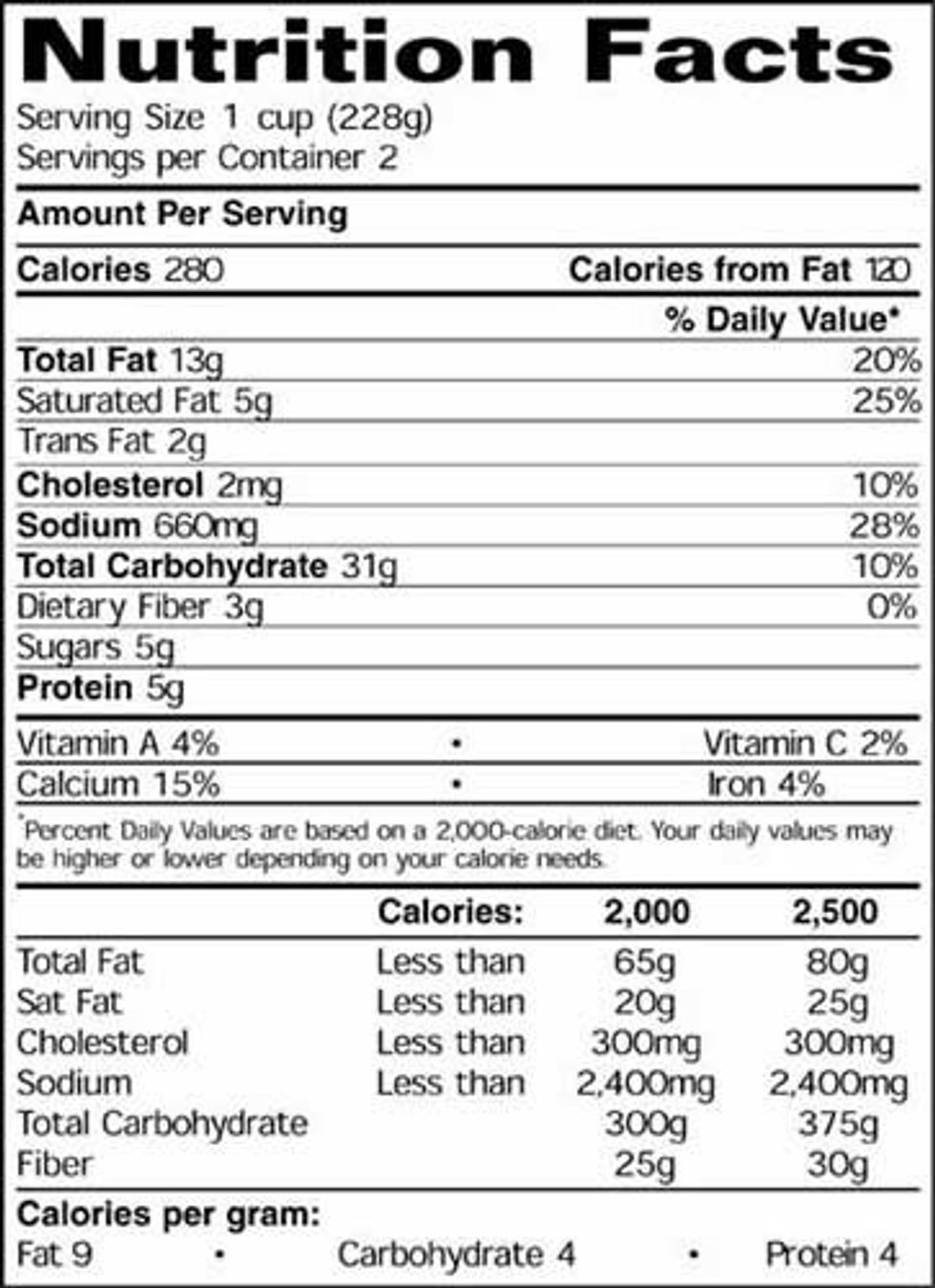One of the biggest things every college student tries to avoid is the myth of the freshman 15. But guess what, it is not a myth. Every year freshman go a bit over board in college. It is the first time being away from the parents, and they get to choose what they want, when they want it. This applies to food greatly. College freshman don't really care about what is good for them, they care about what tastes good. Usually what tastes good is the Little Bites, the Doritos, the Ramen, the Oreos, etc... Eating those types of food every day is going to have a toll on the body, yes gaining weight. But as a freshman, students usually think they are going to go to the gym after eating all this. They plan a certain time to go, usually with friends. But as that time approaches, friends start to find other things to do. And eventually students don't end up going to the gym. A lot of students just don't have time for the gym, so eating those unhealthy snacks is all they know, and studying. Lots and lots of studying. But surprisingly there are ways to avoid the freshman 15, and the sophomore 15, and the following couple of years 15. Next time you think about grabbing that bag of Doritos, think about these helpful healthy tips.
1. Use your Meal Plan... and some containers.
You can go to any dollar store and purchases a couple of containers. You can grab a plate of food and put it in the container if you get hungry later. Now, don't go to for the burgers and fries. Try making a salad to go, or grab a sandwich for later. You're making use of your meal plan and avoiding the unhealthy snacks.
2. When buying food, look at the nutritional facts on the back.
You know that square on the back of food containers, the one with the random words that you probably ignore. USE IT! Look at how many calories the food has (take account for how big the serving size is too). Also look at the salt, protein, and sugar intake. Look for foods high in protein, low in salt and sugar. A good substitute for ice cream is yogurt. That Ben and Jerry's ice cream in your freezer is most likely 200 or more calories, while yogurt is about 80 calories. Tastes just as good, but surprisingly better for you. If you don't know how to read a nutrition label, click here.
3. Track your calorie intake and what you eat.
There are a bunch of apps that can help you track what you eat. By tracking what you eat, you can see what you should and shouldn't be eating. A great app to use is MyFitnessPal, this app shows you your calories as well as vitamins, sugars, and other nutrients.
4. Stay hydrated.
Keep up with drinking water. The average person should be drinking about eight 8 oz cups of water per day. Staying hydrated helps flush all the bad nutrients out of your body.
5. Keep a routine eating schedule.
Try to eat around the same time every day for each meal. You won't be as hungry during the day and during classes, it will avoid snacking. It is okay to have a snack between meals, but make it small. Don't snack until you're full. The point of a snack is to hold you over till your next meal.
6. Find different recipes online.
The internet is a great resource. Not all college dorms have kitchens, but most have microwaves. Google different recipes you can make in your microwave. Chances are the meal you can make in your microwave is a lot better than the dinner they are serving tonight in the Dining Hall. There are a bunch of mug recipes all over Pinterest, start there.

























